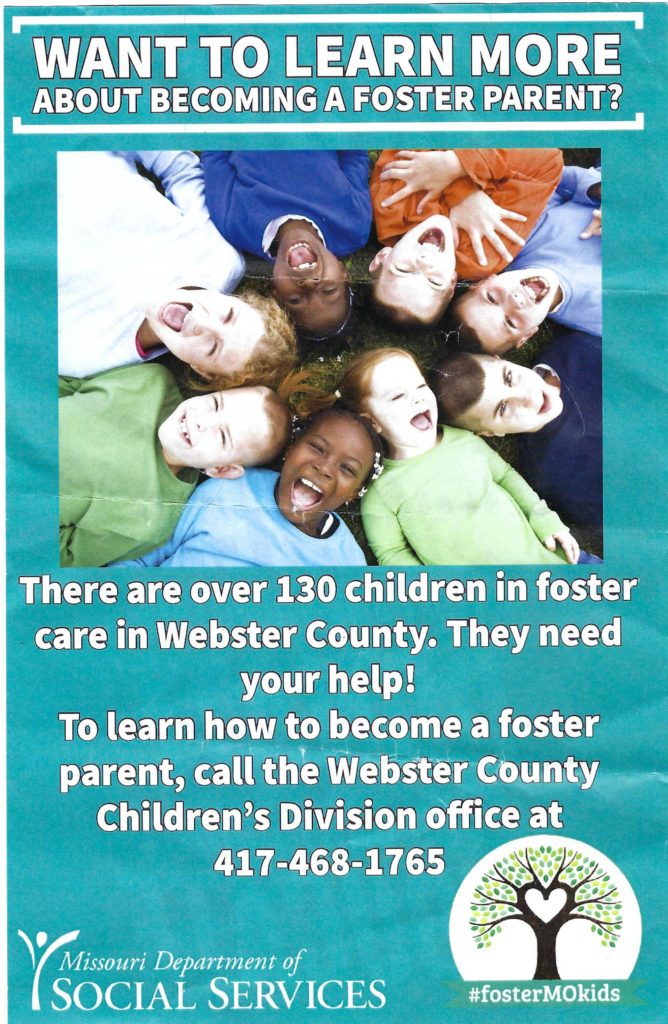 
Guardianship/Conservatorship – Caring for Loved OnesWhether due to death, incapacity or unavailability it may be necessary to obtain the legal authority to make decisions for a child or adult. In many cases, grandparents are thrust into the role of raising their grandchildren. Too many times the phrase “I bet you have never dealt with this situation before” has been uttered by a grandparent as they face the overwhelming prospect of raising a child while entering their golden years. On the other hand, for adult children the decision to obtain guardianship of a parent can be an emotional and difficult decision. Too often the parent believes that the child is trying to “shove them in a home” or “steal all of their money”. In our office, we understand as we have been there and we have dealt with it. To help you understand the process a little more following is a description of the process: Guardianship is the legal authority to make decisions about a person’s body (health care decisions) whereas a conservatorship is the legal authority to make decision’s about a person’s finances. Although a parent can sign a Parental Delegation for a child or an adult can sign a Power of Attorney those documents either expire after a year (delegation) or can be revoke by the person for whose benefit the documents were written. To obtain legal authority that cannot simply be revoked with the stroke of a pen it is necessary to obtain legal authority through a court. Minor guardianships are for children less than eighteen years of age and are put into place when the parents of the child are unfit, unwilling, or unable to fulfill their duties as parents. This could be where a parent is unstable, is in prison, or is very ill. A minor guardianship expires by operation of law when the child turns eighteen years of age. Parents can either consent to the guardianship or can contest the guardianship. In minor guardianships, an attorney known as a “Guardian ad Litem” is appointed to represent the child and make recommendations to the Court. Adult guardianships are for anyone eighteen years of age and older and occurs when they are unable to make decisions for themselves and/or care for themselves on a day to day basis. Examples may include someone who has developed Alzheimers, has had a stroke, or, who has been diagnosed with a mental and/or cognitive impairment (such as Down’s Syndrome). It will be necessary to obtain a letter and/or report from a doctor with personal knowledge of the adult which states that a guardianship is necessary for the adult and that there are no other alternatives to protecting the adult. In those cases, an attorney will be appointed on behalf of the adult and reports to the Court about the circumstances of the adult. If an adult chooses to contest a guardianship, they have the right to hire their own attorney. In those cases where the parents of an adult child with Down Syndrome or some other issue need to obtain guardianship, it is best to begin the guardianship paperwork prior to the child turning 18 so that there is little to no lapse is parental decision-making authority. Some courts may hold the hearing a few days before the child turns 18 and then wait to enter the order until their 18th birthday so that there is no expiration and the order is in place upon their 18th birthday to best protect the child. The steps necessary to obtain a guardianship, whether for an adult or a child, are essentially the same however each Court and Clerk’s office will also require additional steps. For instance, some Courts will require the petitioners to undergo a background check through the Juvenile Office whereas other Courts may have other requirements. In all guardianships, the legal guardianship must file an annual status report updating the court. Guardianships are not permanent in the sense that they can be revoked but they can only be revoked by order of the Court. In the case of minor guardianships, a guardianship will be revoked if and when the Court feels that the parent(s) have demonstrated that they are now appropriate to resume caring for their child and if revocation is in the best interest of the minor child. In adult guardianships, a guardianship will be revoked when the Court feels that the adult has demonstrated that they have been fully restored such that they can adequately care for themselves and make appropriate decisions on a day to day basis. In many adult guardianships, the petitioner also files for Conservatorship when the adult has money coming in and/or owns property. Depending upon the amount of money in or the extent of the property the legal conservator may be required to file an inventory and annual settlement and may be required to obtain a bond to handle the finances. In the past, the conservators have been able to file the annual settlements on their own however many Courts are now only accepting paperwork filed by an attorney. The same is true for children and often happens when the child is about to be the recipient of a large sum of money such as from death benefits, life insurance policies or settlements from a law suit. In those cases, it may only be necessary to file for conservatorship in order to manage the finances. |
